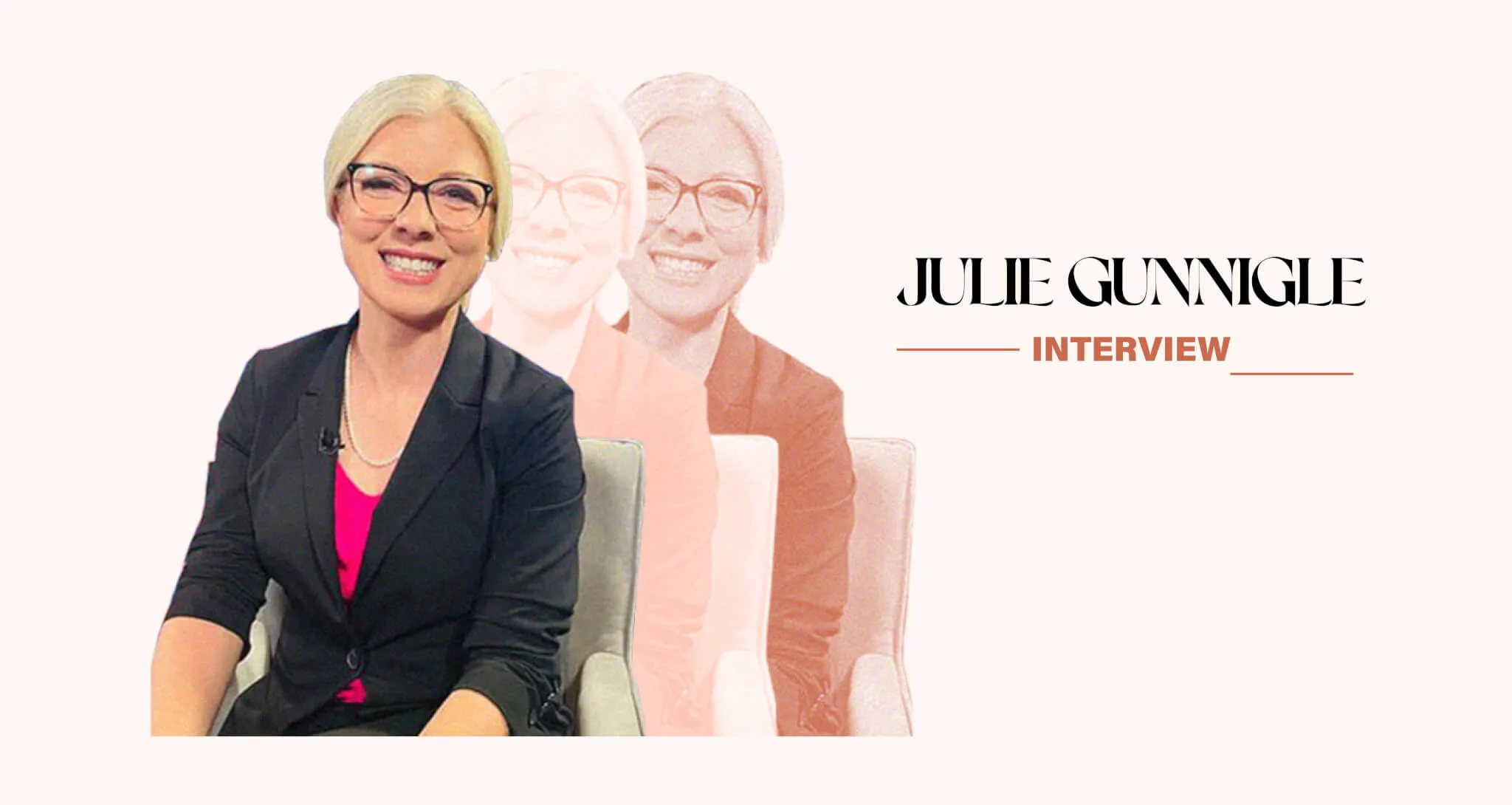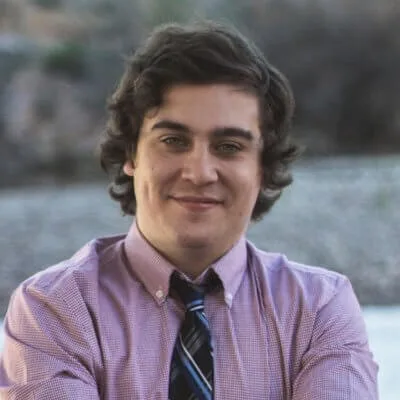
As part of our efforts to help inform and empower voters as the 2022 election approaches, The Copper Courier is creating an overview of local races throughout the state, along with access to tools Arizonans need to find out how to vote, who will be on their ballot, and what they can do to participate in the upcoming election.
Maricopa County Attorney: What They Do, Who Wants the Job
One position voters will find on their ballot is Maricopa County attorney. The Maricopa County attorney is tasked with representing the county in prosecution, crime prevention programs, and victim services. The office is one of the largest prosecutorial agencies in the United States.
The two people running for the office are Democrat Julie Gunnigle and Republican Rachel Mitchell.
Mitchell is the incumbent in this race, though she was not elected to the position. Mitchell was appointed to the office after former attorney Allister Adel resigned from her post in early 2022.
Gunnigle lost to Adel in the 2020 election.
During our one-on-one interview with Gunnigle, we looked to get her thoughts on prosecuting abortion in Arizona and fraud in Maricopa County, and various other issues important to Arizonans.
The following is a transcript of our conversation with Gunnigle.
Note: This interview has been edited for length and clarity.
The Copper Courier: What can you tell us about your thought process and headspace as you jumped into this race and it became apparent it was something you could pursue again?
Julie Gunnigle: There’s a million different things I could tell you about the span of time between losing [in 2020], coming closer than any reform-minded candidate in 40 years to taking back the county attorney race.
This was the race that wasn’t supposed to happen. My mission going forward is to remind people how we got here. There was a ton of work done on prosecutorial accountability in Arizona, led directly by Black activists since 2020. That’s been the motivation to get in, to clean up this office, and to have a transparent office that is publicly accountable.
It feels like we have the momentum.
CC: What is your position on enforcing Arizona law on abortion for people who both receive and perform them?
JG: Not now, not ever do we use the criminal law to penalize people for healthcare decisions, including abortion.
Sometimes I understand that clarity and boldness of message strikes people as a little off, and they want more detail on how I can come to that conclusion.
Your prosecutor controls who is charged, for what, why, and oftentimes because of mandatory minimums like what we see in the 1864 abortion law, they basically control what the sentence will be at the end of the day.
[Note: The 1864 law criminalizes abortion by sentencing abortion providers to between two and five years in prison.]
So, I try to inform people that your prosecutor is allowed to only take those cases that are in the interest of justice. Prosecuting people for abortion crimes, whether on the patient or provider side, will never be a just use of the criminal legal system. I will use my discretion in this office to protect people from incarceration from abortion offenses.
CC: Let’s jump to a hypothetical world in November where you’re elected and Republican Abe Hamadeh is elected as Arizona attorney general. How would that discrepancy work out? What does it mean for Maricopa County specifically?
JG: That is a nightmare scenario for all pregnant people in our state and in our country. There’s a few things I’d highlight as to why. First, it’s our attorney general who is out there making pronouncements that the 1864 law is somehow enforceable. That’s what the county attorneys are all leaning on.
The attorney general’s race is more than just choice and criminal law. It affects licensure too. One of the things that providers are worried about is seeing action from the state medical board against them as a result of performing an abortion.
If we were to have a discrepancy between Maricopa County and the AG’s office, I would expect to see providers lose their licenses. I would expect to see litigation around the very old and very uncertain law about what supervisory capabilities the AG has over the county attorney. I would also expect to see litigation around appeals. Having two different points of view would be damaging.
No matter who wins in the AG race, we are going to see discrepancies between the county attorneys and the AG, especially in our rural counties.
CC: We talked to Democratic candidate for Arizona attorney general Kris Mayes earlier and she said if she wins she would have her directive to other county attorneys be that prosecuting abortion is not advised. So if Abe Hamadeh wins, how could you fight against pressure from his office to prosecute abortion?
JG: First of all, I do read the supervisory statute different than Kris Mayes and Abe Hamadeh. Never in Arizona history have we seen that statute used to say a county has to prosecute people. Never have we seen it used to discipline a county attorney who chooses not to prosecute specific offenses or places a different priority on offenses than the AG’s office does.
This office answers directly to the voters. This office answers only to the voters and [the officeholder] only gets removed during an election or during a recall.
I read the statute differently than [Mayes] does, and I understand why she’s saying what she’s saying, but it has never been tried or tested. If she or Abe Hamadeh were to try to use that supervisory statute to direct how prosecution happens in the county, that would be something I push back on, because this office has to be independent. It has to be independent from other state offices, it has to be independent from police unions, it needs to be independent from political party. It needs to have independence and answer only to the voters.
CC: What have you noticed that you like and dislike in the offices of other progressive prosecutors?
JG: I will push back, because I have never described myself in that way ever. I do hold some progressive viewpoints, but I don’t believe that progressive prosecution even exists.
There’s a presumption when people talk to me because I’m out here fighting for housing justice and fully funding public schools, that’s how I’d classify what we would do in the office.
When I talk to people about issues, one of the things they tell me is they don’t see these as progressive issues, they see them as Eisenhower-era legal stances.
Before criminal law got involved in the war on drugs and wasted our money in pursuing highly personal sorts of prosecution like the prosecution of contraceptives and abortion, we had an idea of what criminal law could and should be.
One of the things I see from other reform-minded offices is a reliance on data when it comes to public safety and I think that’s really important, especially when we talk about drug policy.
Where I think a lot of reformers got it wrong are unforced errors in creating top-down policies without taking the public along with them.
The thing I noticed most about the county attorney’s office my entire life is that it has been divorced from the community. We need an office that is really responsive to the people. What I haven’t seen in order jurisdictions is community involvement and feedback so when there is a change in policy, they’re educated as to why that change happened.
The issues we’re talking about don’t fall under any particular alliance. That’s why you won’t see me out here saying ‘rah rah, Democrats are correct on criminal legal system issues,’ because, for example, we have someone in the White House with incredibly regressive views on cannabis.
While I may disagree with him on every other policy and platform that he has, we did see former President Trump pass what was the biggest reform of the federal legal system under his watch.
[Editor’s note: Trump signed the First Step Act in 2018. It was designed to reduce excessive prison sentences and improve conditions in federal prisons.]
I just don’t think these issues fall under any political label, and certainly not any political party.
CC: Do you think the Maricopa County Attorney’s Office isn’t using the full power of its office to prosecute fraud and corruption?
JG: Yes, that’s absolutely true. I’d point to housing fraud, whether fraud in mortgages or fraud committed in rental agreements. You can’t even get a call back from the county attorney’s office if you are a person who has faced either one of these struggles.
This is equally true for financial crime and public corruption. Back four years ago, it was a unit that was staffed with eight full-time attorneys. My understanding is it was cut down to two part-time equivalents. We are in the third-largest prosecutor’s office in the country. That is not full staffing for the amount of financial crime, public corruption, and consumer-related offenses that we see here in our county.
CC: Is there anything you’ve learned on your campaign so far?
JG: It is so different campaigning this time. Obviously in 2020, we were campaigning during a global pandemic. This time getting out and knocking doors—the public understands in a truly phenomenal way that their county attorney and their AG’s office aren’t working for them. They’re ready for change.
CC: Who won the 2020 election?
JG: [Laughs] Joe Biden won the 2020 election.
CC: Once all the votes are counted in this next election, will you concede if you lose?
JG: Just like last time, yes, I will concede if I lose in the 2022 special election for this office.
Looking for the latest Arizona news? Sign up for our FREE daily newsletter.
Support Our Cause
Thank you for taking the time to read our work. Before you go, we hope you'll consider supporting our values-driven journalism, which has always strived to make clear what's really at stake for Arizonans and our future.
Since day one, our goal here at The Copper Courier has always been to empower people across the state with fact-based news and information. We believe that when people are armed with knowledge about what's happening in their local, state, and federal governments—including who is working on their behalf and who is actively trying to block efforts aimed at improving the daily lives of Arizona families—they will be inspired to become civically engaged.


He said what? 10 things to know about RFK Jr.
The Kennedy family has long been considered “Democratic royalty.” But Robert F. Kennedy, Jr.—son of Robert F. Kennedy, who was assassinated while...

Here’s everything you need to know about this month’s Mercury retrograde
Does everything in your life feel a little more chaotic than usual? Or do you feel like misunderstandings are cropping up more frequently than they...

Arizona expects to be back at the center of election attacks. Its officials are going on offense
Republican Richer and Democrat Fontes are taking more aggressive steps than ever to rebuild trust with voters, knock down disinformation, and...

George Santos’ former treasurer running attack ads in Arizona with Dem-sounding PAC name
An unregistered, Republican-run political action committee from Texas with a deceptively Democratic name and ties to disgraced US Rep. George Santos...





